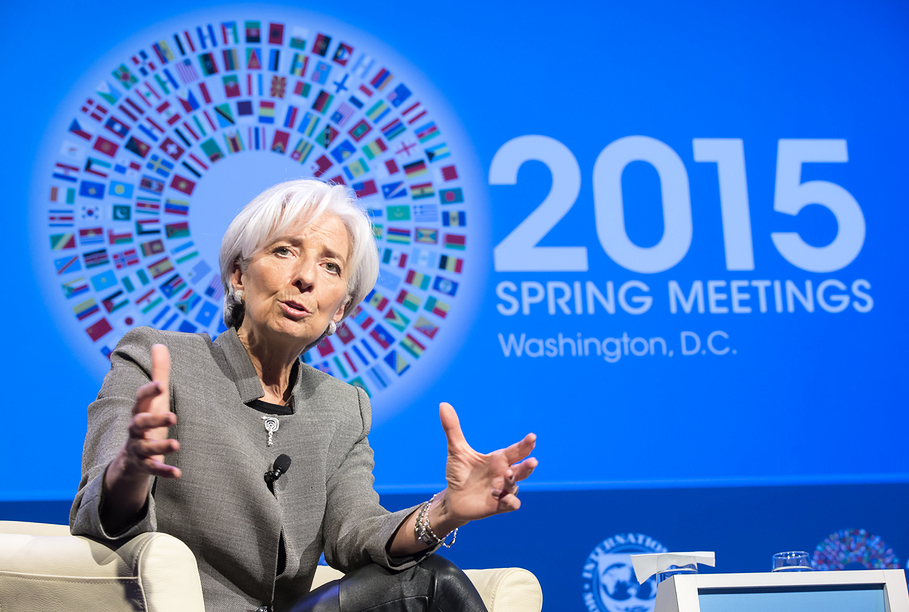"Latvia’s strong recovery has recently slowed in the face of sluggish growth in the euro area and deteriorating economic conditions in Russia amid rising geopolitical tensions," the IMF said.
The 2014 general government deficit of about 1.4 percent of GDP was higher than expected due mainly to "a one-off payment related to the sale of Citadele bank" the IMF noted.
"In 2015, the weak external environment, particularly the sharp slowdown in Russia, will continue to weigh on exports and investment. This is expected to be mitigated, but not fully offset, by higher disposable income due to lower oil prices and robust real wages, the reopening of the [Liepajas Metalurgs] steel manufacturer, and the accommodative monetary stance of the ECB. Over time, growth would rise to around 4 percent," the IMF predicted while sticking to a 2.3% growth forecast.
Unemployment would remain high at 10.4% this year, it forecast, scotching hopes it might fall below 10 for the first time in seven years.
"Faster medium-term growth will be necessary if Latvia is to close the income gap with the rest of the euro area, but this cannot be taken for granted," the IMF warned, flagging up the risks posed by adverse demographic trends and regional tensions.
"The authorities should explore ways to increase the revenue envelope, for example by reconsidering future PIT rate cuts, greater land taxation, the removal of the cap on social security contributions, and better targeting of a number of tax allowances. Such measures would complement the welcome focus on shrinking the grey economy through better tax compliance," the report said.
The IMF also stressed the need for Latvia to remain "vigilant" in monitoring its large Non-Resident Deposit (NRD) banking sector.
"The Russia-Ukraine conflict highlights the need for maintaining vigilant supervision of NRD banks, which account for almost half of all deposits in the banking system," the IMF said.
Latvia’s most important medium-term challenge is to maintain competitiveness within the eurozone with increases to the minimum wage not exceeding productivity growth, the IMF concluded.
"Reforms are needed in a number of areas such as labor markets, higher and vocational education, infrastructure, and State Owned Enterprise management," the lender said.
A separate forecast by the European Commission released Tuesday also forecast GDP growth of 2.3% for 2015, the figure reduced from a previous forecast of 2.9%.
European Commission Vice President Valdis Dombrovskis said Russia was the main reason for the lower forecast and that Latvia needed to find alternative export markets.
LV ekonomika joprojām aug straujāk nekā ES, bet 2015 prognoze samazināta uz 2.3%. Iemesls-Krievija, jāmeklē citi eksporta tirgi #ECForecast
— Valdis Dombrovskis (@VDombrovskis) May 5, 2015






























